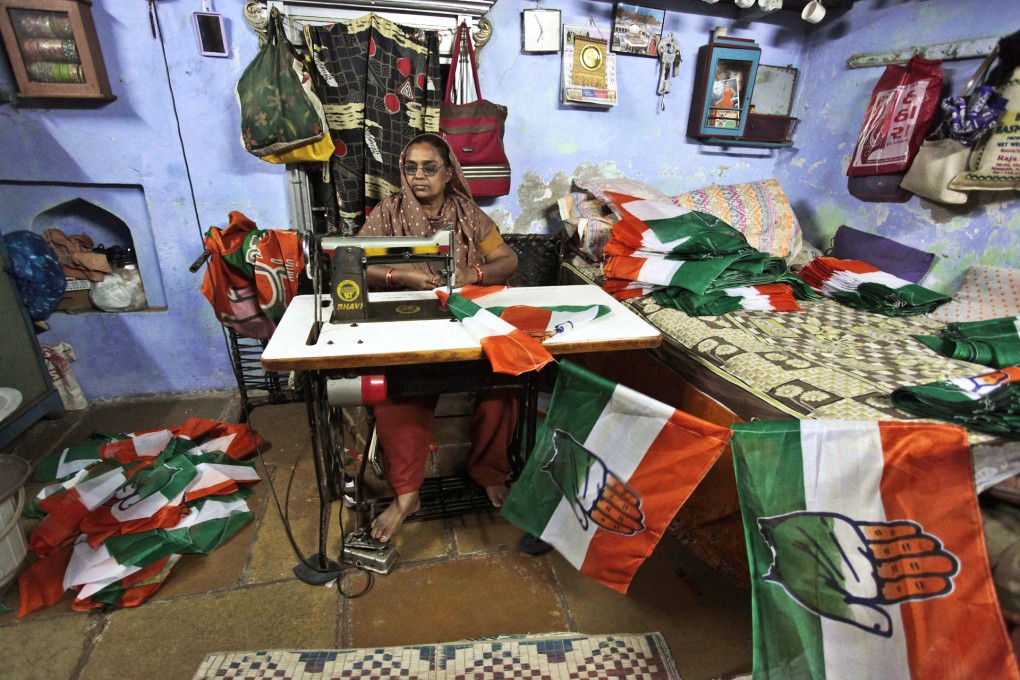India's national election in April appears set to rival US in spending
Struggling national economy seems set for boost with the BJP building up a massive war chest

Indian politicians are expected to spend close to US$5 billion on campaigning for elections next month - second only to the most expensive US presidential campaign - in a splurge that could give the floundering economy a boost.

That is triple what the centre said was spent on electioneering in the most recent national poll in 2009 - partly a reflection of heavy campaigning by pro-business opposition candidate for prime minister, Narendra Modi, who started nationwide rallies and advertising last year.
"They started much before, and they are also focusing on states where they are traditionally not strong. They are leaving no area untouched," said N. Bhaskara Rao, chairman of the Centre for Media Studies.
The campaign spending for this election could lift the economy, which has been heading for its longest slump since the 1980s. Economists have forecast a second year of growth below 5 per cent in the financial year ending this month.
